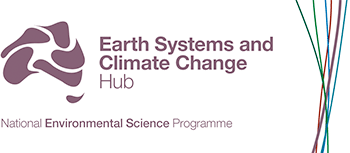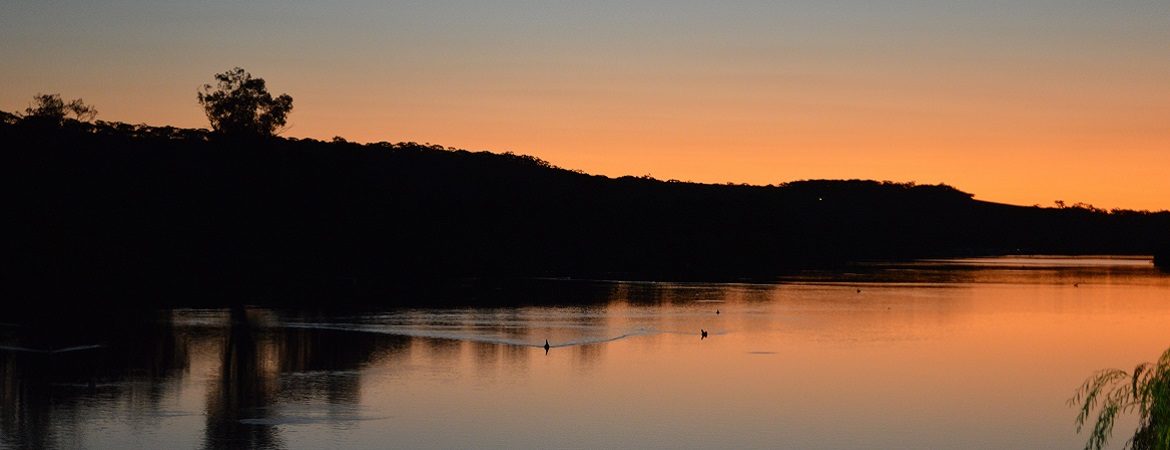Wednesday 18 September 2019, 2.30–3.30 pm (AEST)
Overview
Climate change will impact the operation and management of water systems across the world. Planning for these changes is critical for ensuring continued satisfactory operation of Australia’s water systems. However, projections of future water availability for Australia typically span a large range of possibilities, due primarily to differences in the climate models and methods used. This can create uncertainty about which water future to plan and prepare for, which acts as a barrier to the incorporation of climate change information and data into water resource planning, and to the ability to implement adaptation options.
The use of climate projections to frame impact and risk assessments is known as a ‘top-down’ approach, where data provision is the first step and uncertainties in the data are often amplified throughout the process of assessing system-specific risks. An alternative approach is what is known as a ‘bottom-up’ or ‘robustness’ approach, where the focus is on the risks and vulnerabilities (including from climate impacts) to a specific system that also allows for viable adaptation options to be evaluated. The sensitivity of the system to climate is assessed using a stress test to determine plausible areas of system failure under different climates. This stress test is performed independent of climate projections, but the results can be used to provide context for any additional climate information such as multi-year forecasts, projections, or even paleoclimate reconstructions.
Researchers in the Earth Systems and Climate Change Hub are using a robust (bottom-up) assessment approach known as ‘decision scaling’ to assess future climate risks to a variety of water systems, including the lower Murray-Darling Basin, and to determine what climate information is most important for the management of these water systems.
In this webinar, Michelle Ho from the CSIRO discusses how ‘decision scaling’ can be used to complement ongoing climate change research that can help to prepare for and respond to climate change risks in the face of uncertainty. Michelle also discusses current work under the Hub using this bottom-up approach to assess climate risks and adaptation options for the lower Murray-Darling Basin.
Watch the webinar
About the presenter
Michelle Ho is a Research Scientist in the Hydrological Prediction Under Change Team within the CSIRO Water program. She is a contributor to the Earth Systems and Climate Change Hub Project 5.4 Water futures under climate change. Michelle has spent over a decade exploring ways to better inform water planning using paleoclimate information, statistical methods of representing key characteristics of climate variability, modelling water systems, and understanding drivers of water resource risks and vulnerabilities.

